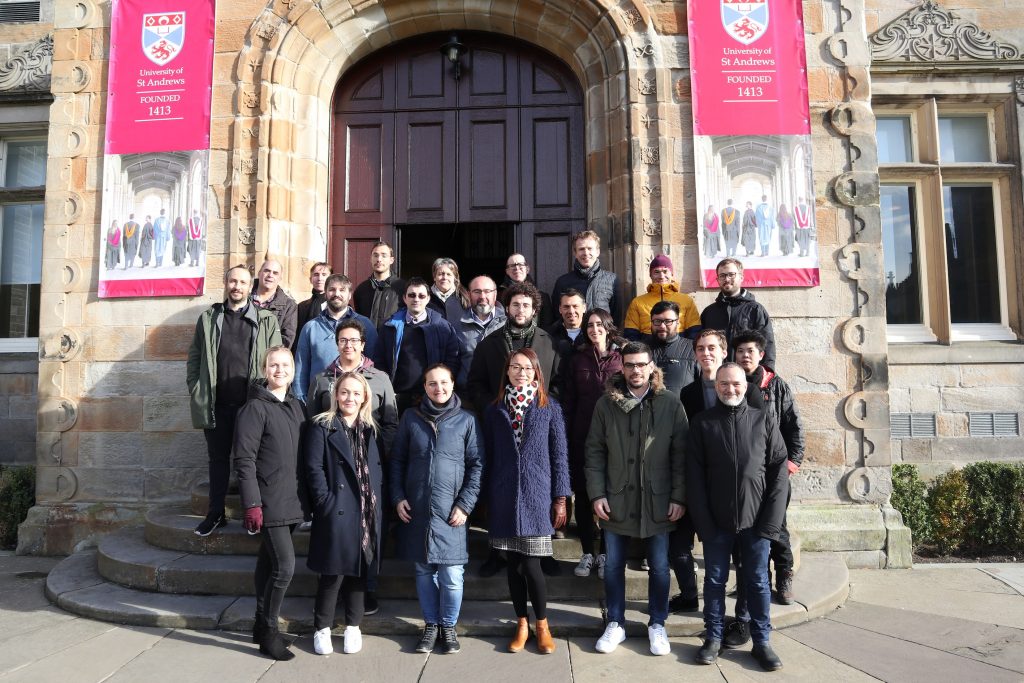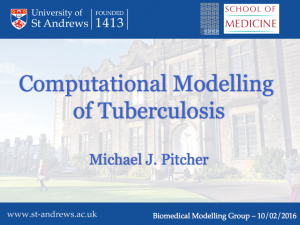Title:
Predicting Drug Interactions with Kernel Methods
Abstract:
Many real world prediction problems can be formulated as pairwise learning problems, in which one is interested in making predictions for pairs of objects, e.g. drugs and their targets. Kernel-based approaches have emerged as powerful tools for solving problems of that kind, and especially multiple kernel learning (MKL) offers promising benefits as it enables integrating various types of complex biomedical information sources in the form of kernels, along with learning their importance for the prediction task. However, the immense size of pairwise kernel spaces remains a major bottleneck, making the existing MKL algorithms computationally infeasible even for small number of input pairs. We introduce pairwiseMKL, the first method for time- and memory-efficient learning with multiple pairwise kernels. pairwiseMKL first determines the mixture weights of the input pairwise kernels, and then learns the pairwise prediction function. Both steps are performed efficiently without explicit computation of the massive pairwise matrices, therefore making the method applicable to solving large pairwise learning problems. We demonstrate the performance of pairwiseMKL in two related tasks of quantitative drug bioactivity prediction using up to 167 995 bioactivity measurements and 3120 pairwise kernels: (i) prediction of anticancer efficacy of drug compounds across a large panel of cancer cell lines; and (ii) prediction of target profiles of anticancer compounds across their kinome-wide target spaces. We show that pairwiseMKL provides accurate predictions using sparse solutions in terms of selected kernels, and therefore it automatically identifies also data sources relevant for the prediction problem.
References:
Anna Cichonska, Tapio Pahikkala, Sandor Szedmak, Heli Julkunen, Antti Airola, Markus Heinonen, Tero Aittokallio, Juho Rousu; Learning with multiple pairwise kernels for drug bioactivity prediction, Bioinformatics, Volume 34, Issue 13, 1 July 2018, Pages i509–i518, https://doi.org/10.1093/bioinformatics/bty277
Short Bio:
Juho Rousu is a Professor of Computer Science at Aalto University, Finland. Rousu obtained his PhD in 2001 form University of Helsinki, while working at VTT Technical Centre of Finland. In 2003-2005 he was a Marie Curie Fellow at Royal Holloway University of London. In 2005-2011 he held Lecturer and Professor positions at University of Helsinki, before moving to Aalto University in 2012 where he leads a research group on Kernel Methods, Pattern Analysis and Computational Metabolomics (KEPACO). Rousu’s main research interest is in learning with multiple and structured targets, multiple views and ensembles, with methodological emphasis in regularised learning, kernels and sparsity, as well as efficient convex/non-convex optimisation methods. His applications of interest include metabolomics, biomedicine, pharmacology and synthetic biology.
Event details
- When: 30th April 2019 14:00 - 15:00
- Where: Cole 1.33a
- Format: Seminar




